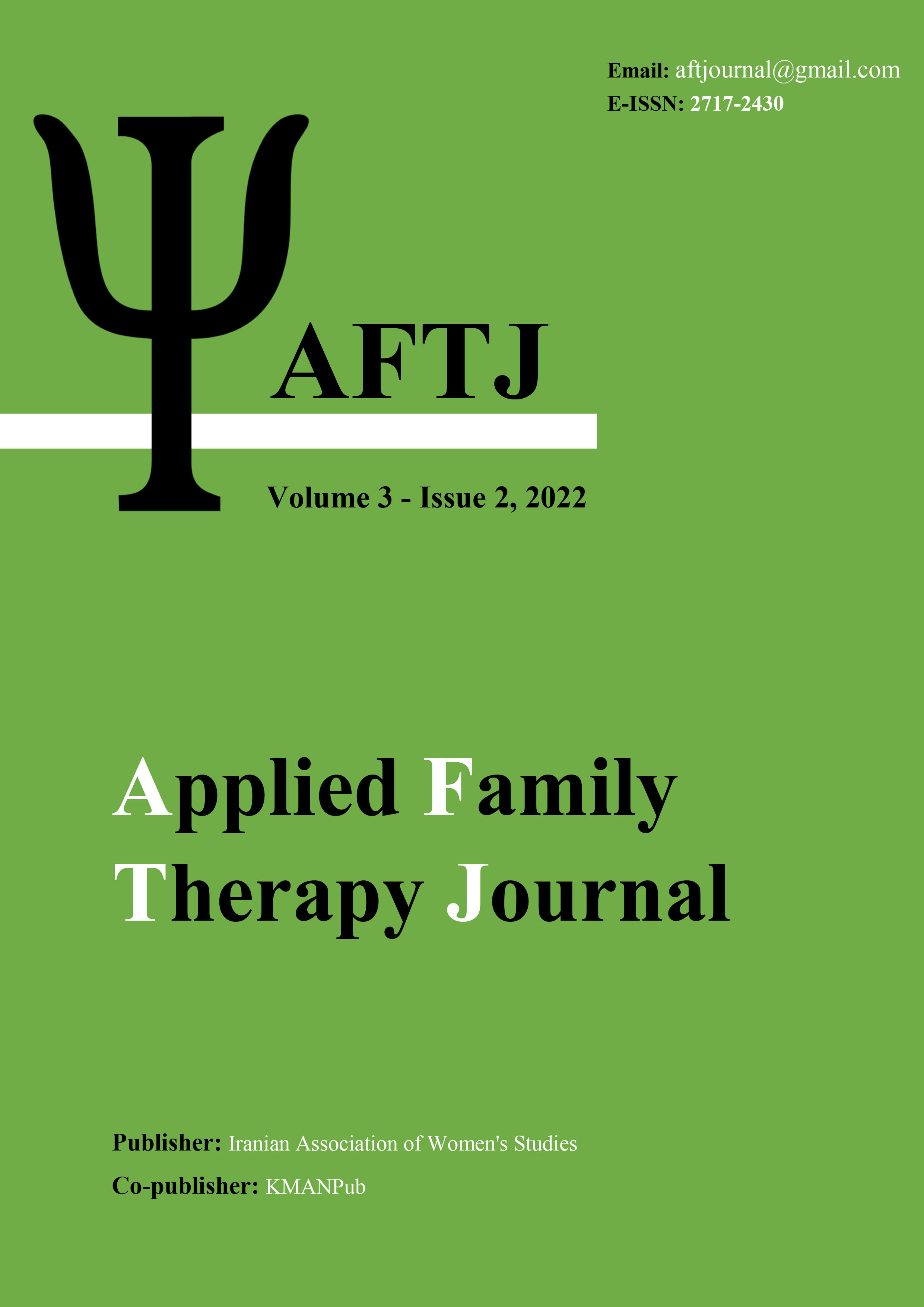The Effectiveness of Couple Relationship Enrichment Training with an Emotionally-Focused Approach in Improving Controlling Behavior in Men and Women Faced with Infidelity
Keywords:
Controlling behavior, Couple relationship enrichment training, Emotionally-focused approachAbstract
Aim: The present study aimed to investigate the effectiveness of couple relationship enrichment training with an emotionally-focused approach in improving controlling behaviors in men and women faced with infidelity. Methods: The present semi-experimental research had a pretest-posttest design with control and follow-up groups. The statistical population consisted of all women and men who faced infidelity by their spouses in Tehran in 2019-2020. A total of 40 individuals were selected by the convenience sampling method and were randomly classified into the experimental group (n=20) and the control group (n=20). The research tool included the Controlling Behavior Scale by Graham-Kevan and Archer (2005). The experimental group received an intervention to Emotionally-Focused Couple Enrichment intervention for eight 90-minute sessions. The data were analyzed using the repeated-measures analysis of variance (ANOVA). Results: The results indicated that the emotionally-focused training method was effective in improving the scores of controlling behaviors (F=7.47, P=0.040) in men and women faced with infidelity, and the effect was stable in the follow-up stage. Conclusion: The Emotionally-Focused Couple Enrichment training was an effective model for women and men faced with spouse's infidelity and it could be used as a therapeutic or educational method in couple therapy programs.
Downloads
Downloads
Published
Issue
Section
License

This work is licensed under a Creative Commons Attribution-NonCommercial 4.0 International License.





















